Filter by
SubjectRequired
LanguageRequired
The language used throughout the course, in both instruction and assessments.
Learning ProductRequired
LevelRequired
DurationRequired
SkillsRequired
SubtitlesRequired
EducatorRequired
Explore the Sensor Fusion Course Catalog
 Status: Free Trial
Status: Free TrialSkills you'll gain: Data Warehousing, Google Cloud Platform, Big Data, Apache Spark, Database Management, Data Integration, Dataflow, SQL, Data Pipelines, Metadata Management, Data Management, Real Time Data, Tensorflow, Data Science, Command-Line Interface, Applied Machine Learning, Cloud-Based Integration, Query Languages, Power BI, Data Loss Prevention
 Status: Free Trial
Status: Free TrialL&T EduTech
Skills you'll gain: Geospatial Mapping, Geospatial Information and Technology, Geographic Information Systems, Construction, Construction Management, Architecture and Construction, Civil and Architectural Engineering, Spatial Analysis, Global Positioning Systems, GIS Software, As-Built Drawings, Survey Creation, Engineering, Scientific, and Technical Instruments, Data Import/Export
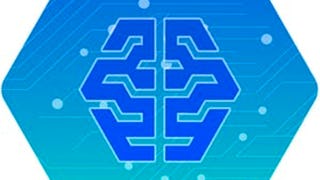 Status: Free Trial
Status: Free TrialGoogle Cloud
Skills you'll gain: Data Pipelines, Dataflow, Google Cloud Platform, Extract, Transform, Load, Data Processing, Data Transformation, Big Data, Apache Spark, Apache Hadoop, Cloud Storage
 Status: Free Trial
Status: Free TrialGoogle Cloud
Skills you'll gain: Data Pipelines, Dataflow, Google Cloud Platform, Extract, Transform, Load, Data Processing, Apache Hive, Data Integration, Apache Spark, PySpark, Serverless Computing, Apache Hadoop, Big Data, Data Migration, Data Transformation, Performance Tuning
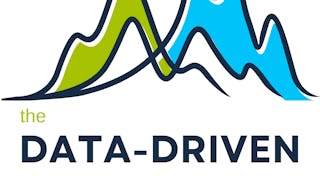 Status: Free Trial
Status: Free TrialUniversity of Colorado Boulder
Skills you'll gain: Sampling (Statistics), Engineering Management, Estimation, Sample Size Determination, Statistical Methods, Leadership and Management, Technical Management, Statistical Software, Statistics, Leadership, Quantitative Research, Data Analysis, Data-Driven Decision-Making, Analytics, Statistical Analysis, Cost Estimation, Data Analysis Software, Statistical Hypothesis Testing, Risk Analysis, Probability & Statistics
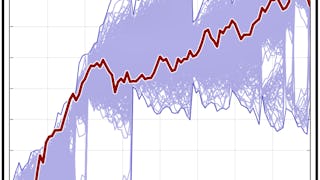 Status: Free Trial
Status: Free TrialUniversity of Colorado System
Skills you'll gain: Bayesian Network, Numerical Analysis, Estimation, Simulations, Matlab, Global Positioning Systems, Mathematical Modeling, Applied Mathematics, Algorithms, Computer Programming Tools
 Status: Free Trial
Status: Free TrialL&T EduTech
Skills you'll gain: Engineering Calculations, Structural Engineering, Structural Analysis, Construction Engineering, Civil Engineering, Construction, Engineering Analysis, Building Codes, Engineering Practices, Construction Inspection, Conceptual Design, Engineering Design Process, Engineering, Environmental Engineering, Maintenance, Repair, and Facility Services, Facility Repair And Maintenance, Finite Element Methods, Continuous Monitoring, Hydraulics, Failure Analysis
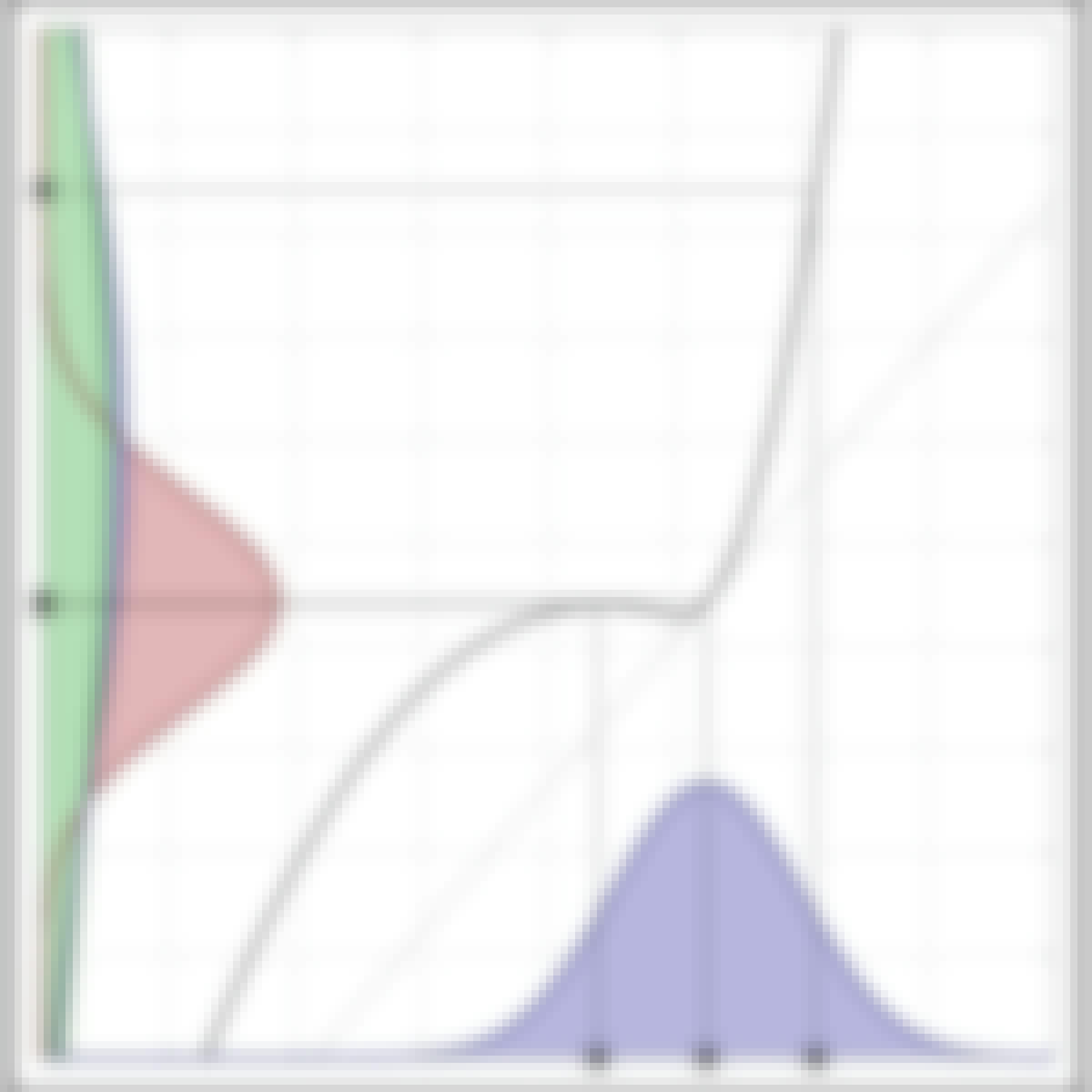 Status: Free Trial
Status: Free TrialUniversity of Colorado System
Skills you'll gain: Matlab, Estimation, Numerical Analysis, Performance Tuning, Mathematical Modeling, Control Systems, Simulation and Simulation Software, Derivatives, System Implementation, Calculus, Computer Programming Tools
 Status: Free Trial
Status: Free TrialSkills you'll gain: Field-Programmable Gate Array (FPGA), Hardware Design, Serial Peripheral Interface, Electronic Hardware, Internet Of Things, Embedded Systems, Embedded Software, Network Protocols, Digital Communications, Computer Architecture, Hardware Architecture, Software Development Tools, System Design and Implementation, Software Installation, Verification And Validation
 Status: NewStatus: Free Trial
Status: NewStatus: Free TrialIndian Institute of Science
Skills you'll gain: Engineering Documentation, Electronics Engineering, Technical Documentation, Electronic Systems, Electronic Components, Technical Communication, Medical Equipment and Technology, Chemical and Biomedical Engineering, Electrical Engineering, Health Technology, Engineering Design Process, Semiconductors, Embedded Systems, Medical Science and Research, Clinical Research, Laboratory Equipment, Manufacturing Processes, Prototyping
 Status: NewStatus: Free Trial
Status: NewStatus: Free TrialUniversity of Colorado Boulder
Skills you'll gain: Power Electronics, Electronic Components, Semiconductors, Electric Power Systems, Electrical Systems, Electrical Engineering, Electronics, Electronics Engineering, System Monitoring, Energy and Utilities, Electrical Equipment, Safety Assurance, Environmental Monitoring, Manufacturing Processes, Emerging Technologies
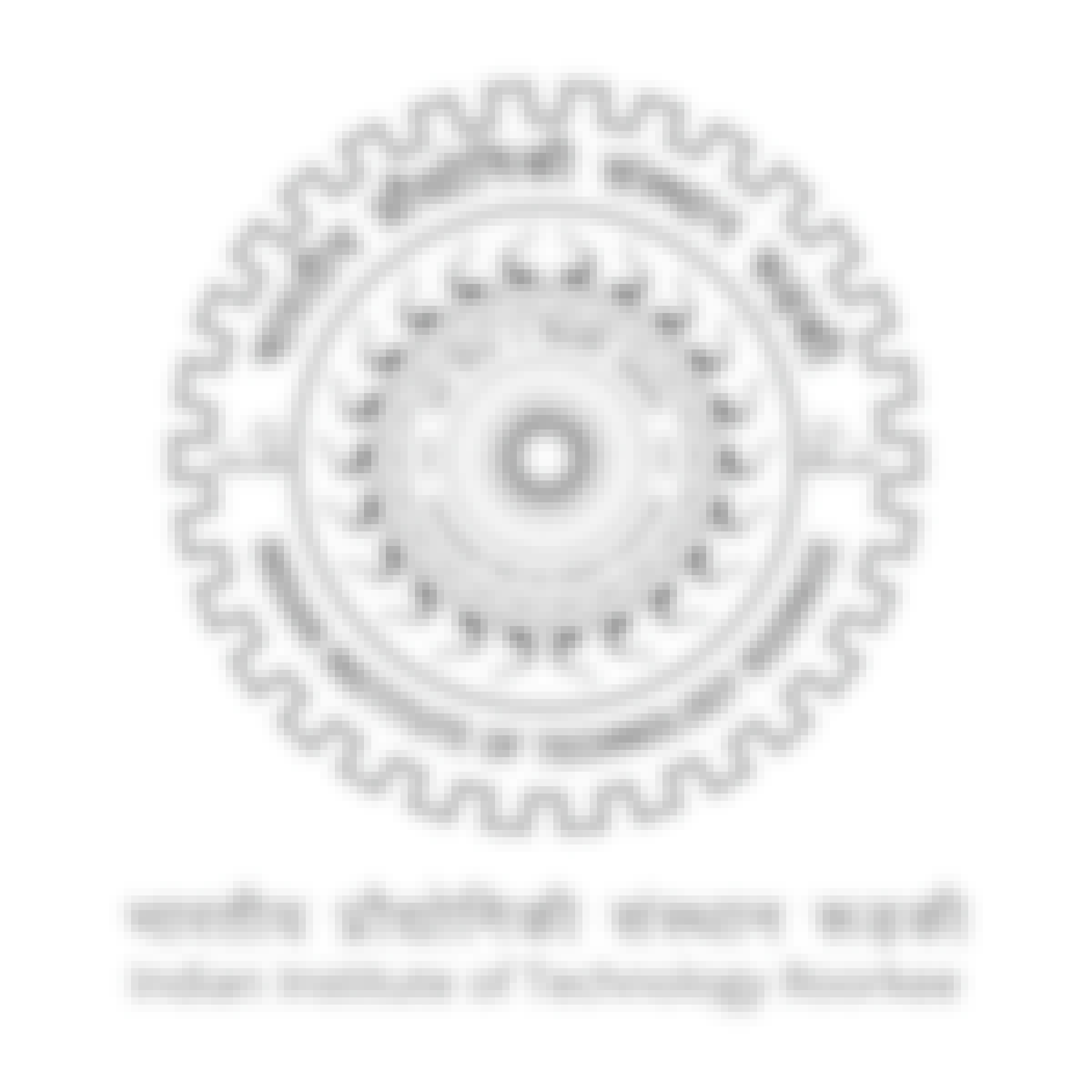
IIT Roorkee
Skills you'll gain: Unsupervised Learning, Supervised Learning, Anomaly Detection, Data Mining, Machine Learning Algorithms, Data Processing, Big Data, Data Cleansing, Data Visualization, Python Programming, Data-Driven Decision-Making, NumPy, Exploratory Data Analysis, Deep Learning, Regression Analysis, Artificial Neural Networks
In summary, here are 10 of our most popular sensor fusion courses
- Hands-on Foundations for Data Science and Machine Learning with Google Cloud Labs: Google Cloud
- Geospatial Technology for Construction : L&T EduTech
- Building Batch Data Pipelines on GCP 日本語版: Google Cloud
- Building Batch Data Pipelines on GCP en Español: Google Cloud
- Data Acquisition, Risk, and Estimation: University of Colorado Boulder
- Particle Filters (and Navigation): University of Colorado System
- Bridge Infrastructure Design: L&T EduTech
- Nonlinear Kalman Filters (and Parameter Estimation): University of Colorado System
- FPGA Architecture Based System for Industrial Application : L&T EduTech
- Designing a MEMS-Based Sensor for Exhaled Breath Analysis: Indian Institute of Science










